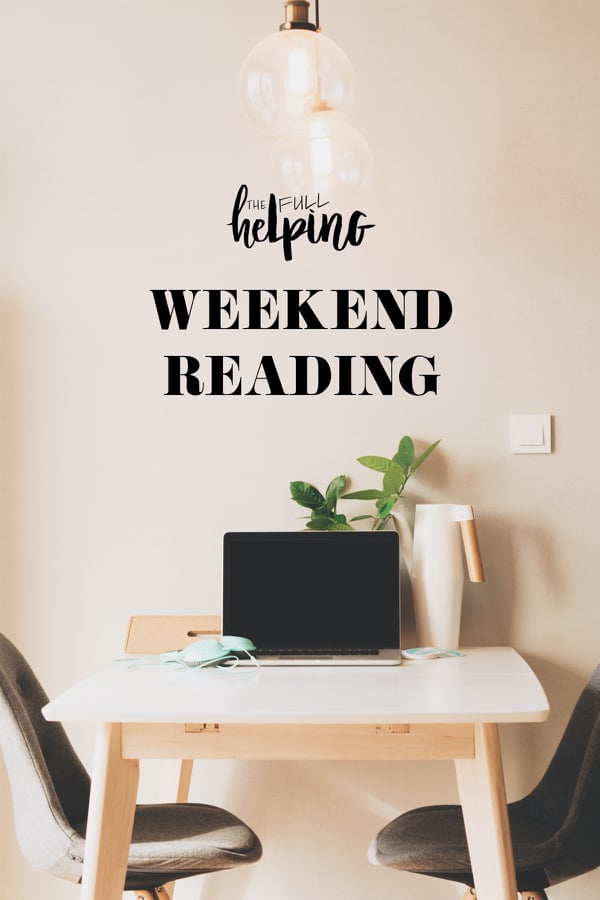
A little while ago, a friend asked for help in a way that really impressed me. She reached out to me and another friend, explaining a difficult situation she was dealing with and simply asking whether we wouldn’t mind checking in on her from time to time in the coming weeks. It was proactive, straightforward, and it put me and our mutual friend in the happy position of being able to do something small and supportive.
It’s been my overall experience that people are really happy to help, when they can. There are so many problems we can’t fix and suffering we can’t alleviate, both globally and within our relationships. When something can be done, it’s a gift to be entrusted with doing it for another person.
My friend’s intelligent self-care made me think about ways in which I can be similarly proactive in asking for help. A lot of the things I struggle with most are internal, alleviated by the passage of time and my own process of responding. Sometimes, this makes me believe that it’s futile to ask anyone for help—what exactly would I be asking for?
This year especially, I haven’t much wanted to talk about what’s going on inside. Writing helps, journaling helps, yoga helps, food helps. Talking, not so much. It feels tiring, and it doesn’t bring much relief. This presents a dilemma, as dialog and discussion is one of the ways in which I’ve always enlisted friends to support me when I’m dealing with an issue.
Yet the past seven days have given me all sorts of examples of how asking for help needn’t take the form of confiding in someone or talking about anything. It can be what my friend asked for—a quick check in from time to time, via text or even over social media. It could be the offer another friend made me, which was simply to share space at some point (talking not necessarily included—we were thinking about a co-working date at a coffee shop).
It could be asking someone to hold you in his or her thoughts. I’ve gotten better at this last one recently with people I love, since I’m not in a talkative mood. The energetic exchange is still meaningful, still a form of support.
Recently, I found out that my friend Maria had been knitting adorable “chill pill” pillows for those who need the softness and the message in their lives. I asked her if I could commission one.
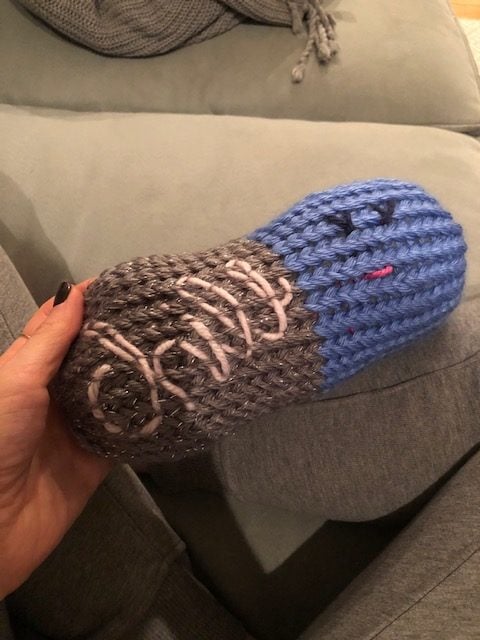
This is my chill pill pillow. Everything about it is sweet, from the feel of it in my hands to the little smile to the colors and script. Maria’s making it for me was an act of tenderness, and my asking her to do it was a form of tenderness, too—helping takes two, and there’s trust and love on both sides.
Asking for support can look like a lot of things. It can take the form of big asks and small, spoken or unspoken communication, physical presence or energetic exchange. The more I remember this—the more we all remember it—the easier it is to avoid the feelings of isolation and loneliness that are so common when one is up against something difficult, or painful.
I wish you a week of asking for what you need, whatever that looks like, and of receiving it. Here are some recipes and reads.
Recipes
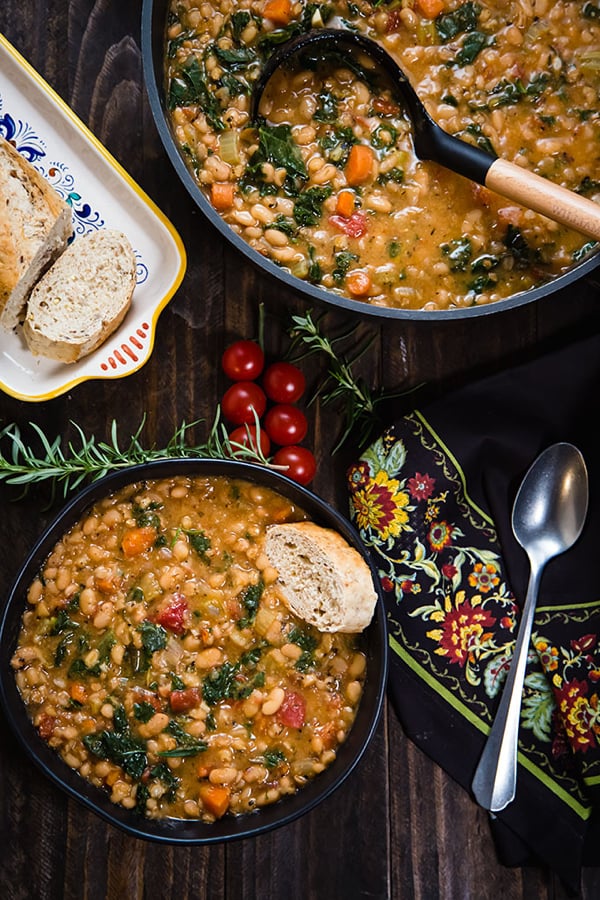
First, a beautiful, wintery Tuscan white bean soup that’s Instant Pot friendly. I don’t have an Instant Pot myself, but Susan’s instructions make it easy to modify!
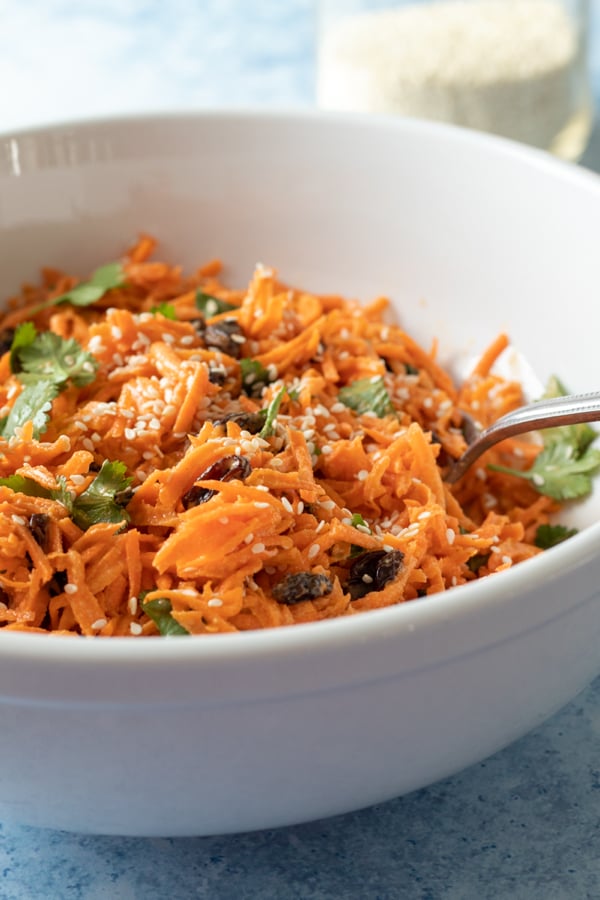
I love carrot raisin salads! And I love the tahini sriracha dressing in this one.
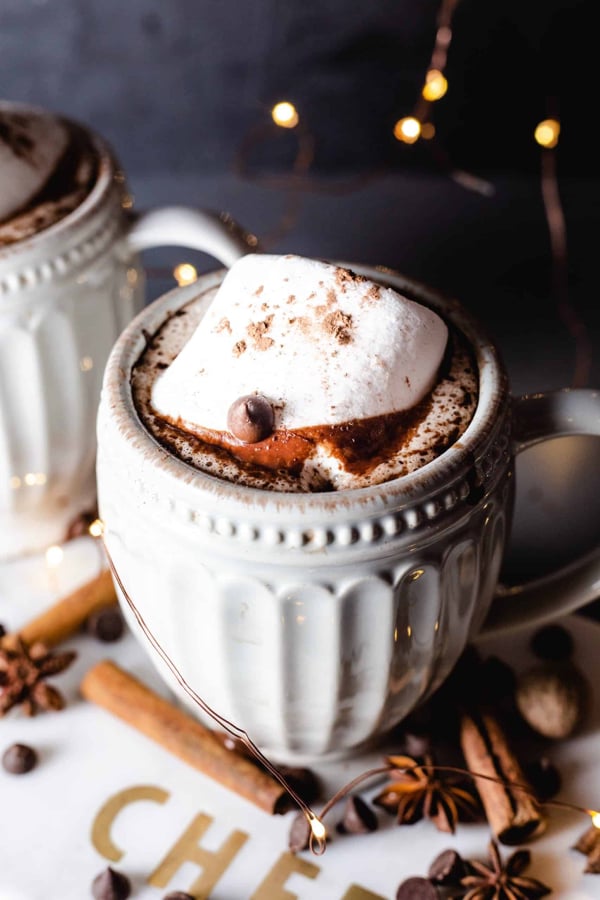
Why choose between hot chocolate and chai? This drink looks so warming and cozy.
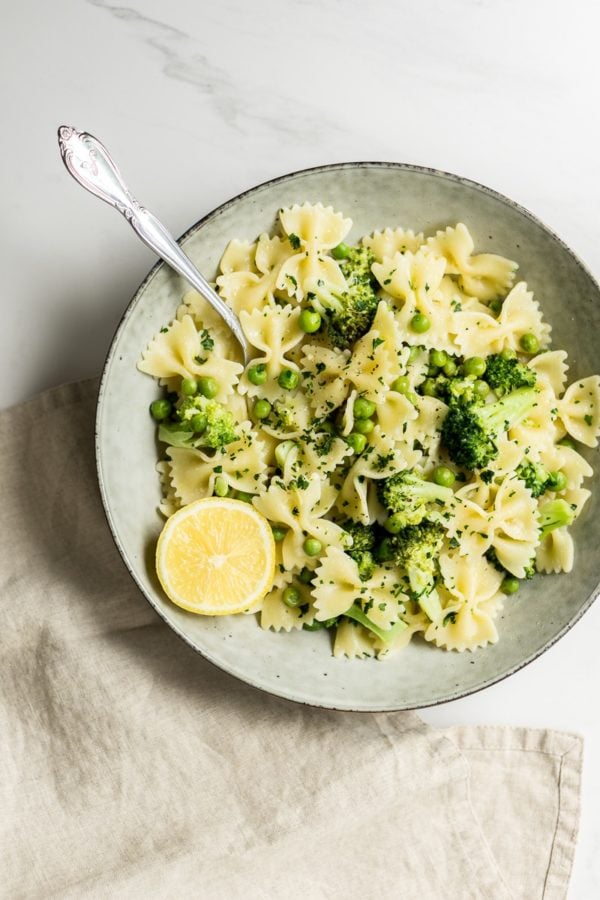
Easy and fast bowtie pasta for a comforting weeknight meal.
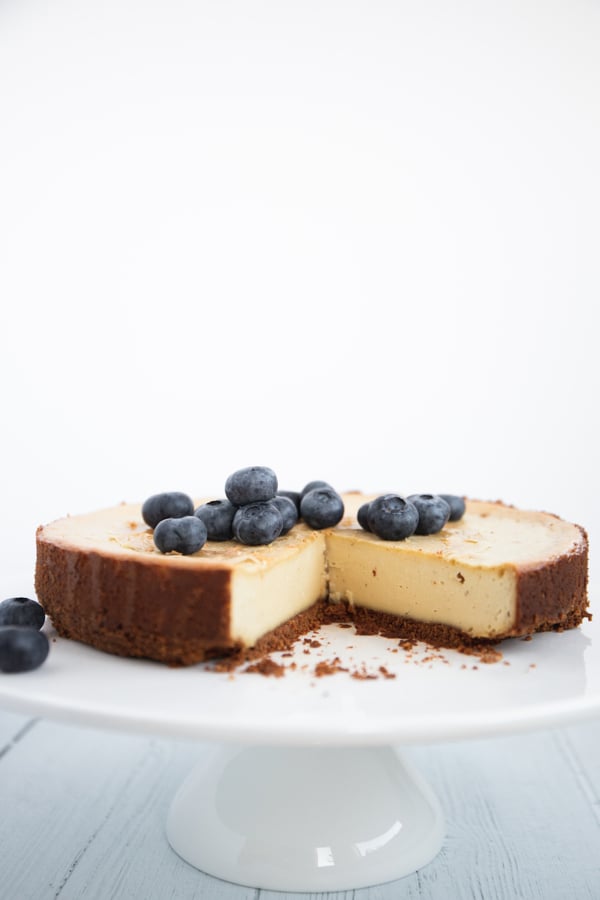
I’ve made vegan cheesecake. I’ve made several vegan cheesecakes. I’m not sure I’ve ever made a really good vegan cheesecake, though ?
I’ll have to give this one a try!
Reads
1. Important and valiant work: scientists who’ve tracked down the use of illicit, ozone-destroying chemicals (and are committed to safeguarding against other instances of illegal emissions).
2. An important interview with a psychologist who is investigating how best to treat the trauma of family separation.
3. Sleep apnea is common, but it can be dangerous. More reporting on it means greater awareness, and awareness can help people take a more proactive approach to living with it.
4. A new study shows that food insecurity, even in a wealthy country, is linked to premature death.
5. A new meta-analysis of coconut oil demonstrates a link between coconut oil consumption and higher LDL (or “bad) cholesterol levels. The study didn’t actually examine disease states or health outcomes, just serum cholesterol levels, but it’s still worth noticing.
I’m often asked by nutrition clients about coconut oil, and my response is usually to say that coconut in moderation is OK, with the exception of individual health circumstances that would contraindicate it (that’s my disclaimer for everyone—bodies are unique, and the question of whether or not a food is healthful is always unique, too).
Plant-based eaters may have a little more wiggle room here, because plant-based diets are generally lower in saturated fats than diets that include animal foods. This creates some space for sensible inclusion of the saturated fat in coconut, and let’s face it: a lot of fun vegan products and sweets include coconut in some form! But my viewpoint is that coconut oil is still more of a “once-in-a-while” than an everyday cooking oil, and this review study strengthens the case for informed consumption.
Happy Sunday, friends. I’ll be back soon with a wintertime (and Superbowl-friendly) recipe.
xo
PS. If you could use some tenderness this week, Maria is still making her chill pills, and it’s easy to reach out to her about them on her Facebook page!
The post Weekend Reading, 1.26.19 appeared first on The Full Helping.